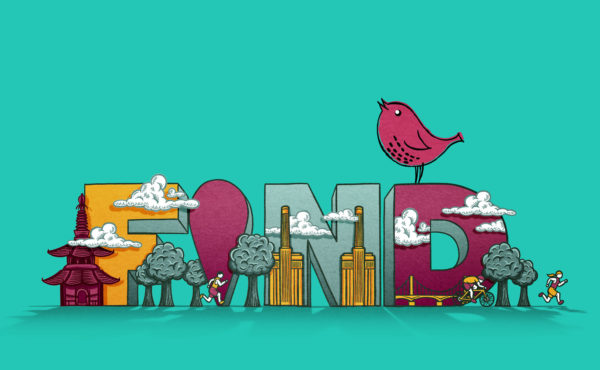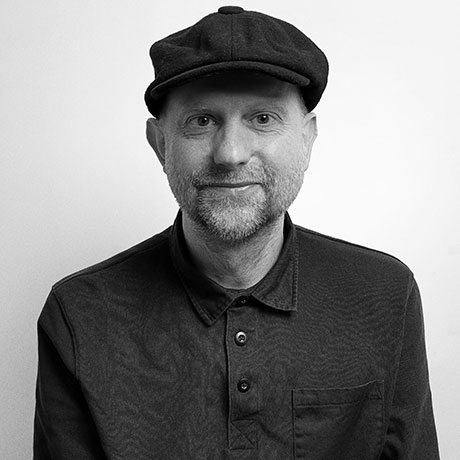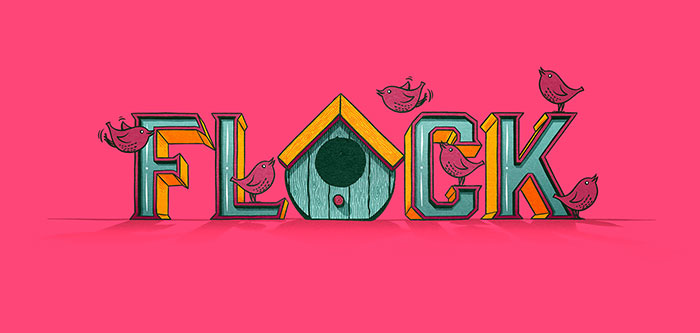Meaning of meaningful work
by
Recently I went to a business workshop at Bush House in central London as part of an executive education open day. For the previous 80 years the building was home to the BBC World Service – renown for broadcasting across the world in 30 different languages. I was there as a guest of the new owners, King’s College, to learn the language of ‘meaningful work’. The workshop was chaired by Katie Bailey, Professor of Work and Employment at King’s Business School.
The 5 things I learnt at Katie Bailey’s workshop on ‘The meaning of work’
What is meaningful work?
Meaningful work is a personal thing and not necessarily transferrable to others doing the same job. Meaningful work is often difficult, challenging and can come from unexpected situations. It gives people a better understanding of themselves through a sense of personal growth and achievement. Meaningful work often relates to a sense of ‘the greater good’ having a positive impact beyond the person doing the job. It can be even more meaningful if it matters more to others than to the person doing the job. People often find meaning in their work as they reflect upon what they’ve done rather than in the moment of doing it.
2. Can all jobs be meaningful?
In my group there was a man whose job was evaluating the brain scans of children to assist in the planning of surgical procedures. It was easy to see that his job was meaningful.
But for the rest of us not involved in brain surgery, can we expect the same level of meaningfulness from our work? Within our groups we were asked to talk about our own jobs and whether we considered them meaningful. As an art school trained designer the job opportunities open to me were broad. After my final show I had job offers from publishing companies, an exhibition and display company and a couple of design agencies. But it was the job offer from a healthcare advertising agency that particularly interested me. I hadn’t really considered why until I discussed it in detail at the workshop. Sure, designing book jackets and packaging for biscuits would have been fun. But would it have given me the same sense of meaningfulness that I have frequently felt over the last 30 years working on incredible medicines and with patient organisations? I think not.
From her research work with Adrian Madden, Katie gave some examples from street sweepers to shop assistants, solicitors, nurses, clergy, soldiers, cathedral stonemasons, academics, creative artists and entrepreneurs. It seems there is meaning in most jobs if those doing them are open to it.
For the street cleaner it was the satisfaction of seeing disorder – ordered. Taking pride in turning an unhygienic, trip hazard-laden area back into a safe, clean and tidy place. I could see the meaning in that.
For the baker it was something more personal than the function of the job – she was from a long line of bakers in her family and her meaning came from making her grandad proud everyday.
For the stonemason his meaning came from a sense of legacy – preserving ancient monuments for future generations and doing his job so well it was scarcely noticeable.
3. Does meaningful work matter?
My parents had a very strong work ethic and not surprisingly they instilled that in me. For them, work was about earning enough money to support the family and give their children opportunities they hadn’t had themselves. I don’t think they ever considered the meaningfulness of the work they did. For them it would have been a ‘nice to have’ but certainly not essential.
For me it matters – it matters a lot. Studies have shown that a sense of purpose is strongly linked to personal happiness. Meaningfulness has been shown to be more important to people than any other aspect of work including pay, opportunities and promotion. People who find their work meaningful perform better and are more satisfied which in turn can lead to better pay, opportunities and promotion. The importance of meaningful work is an intergenerational commonality that is as motivational to millennials as it is to generations X and Z.
Katie and her colleagues looked at all the research into meaningful work since the 1950s. The evidence showed that meaningful work results in:
- Higher levels of engagement
- Higher levels of commitment
- Feelings of accomplishment and growth
- Higher levels of morale and wellbeing
- Higher levels of job enjoyment
- Higher levels of performance
- Lower levels of intention to quit work
- The sense of a meaningful and purposeful life
Meaningful work ‘works for everyone’ whether you’re an employee or an employer
4. What is job crafting?
This idea of enabling people to personalise their approach to work has been around for a while but the term ‘job crafting’ is relatively new.
There are three main job crafting approaches.
Crafting tasks – changing how things are done, creating new tasks, or adding or removing them
Crafting relationships – consciously shaping or adapting to relationships with others in the workplace
Crafting thoughts – reframing thoughts about work including the meaning it brings to you personally and to others
Job crafting harnesses diverse strengths and talents – as a strengths-based agency I was heartened to hear that work is more meaningful if you play to your strengths.
5. What organisations can do to create places of work that are meaningful to those that work there
We talked about the ‘moral argument’ that collectively we ought to be ensuring that as many people as possible have access to work that is meaningful.
If those at the top recognise the importance of meaningful work it creates an environment where it can thrive and is more likely to filter down to others in the organisation.
Theodore Roosevelt sums it up well
“Far and away the best prize that life offers is the chance to work hard at work worth doing”
What makes your work meaningful to you?
Drop us a line if you’re interested in our work an******@***********co.uk



 Back
Back







